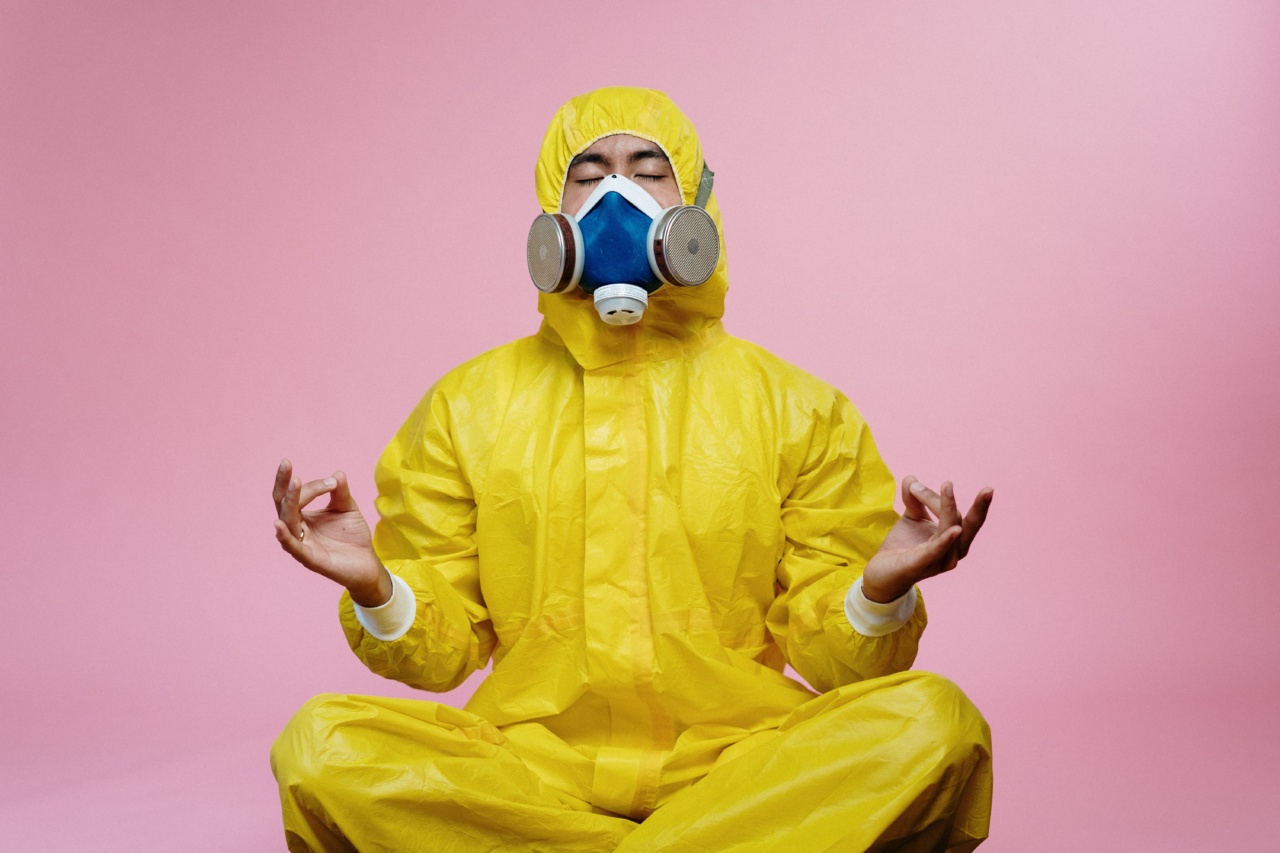The flu season has taken a dangerous turn as 55 patients were admitted to critical care units in hospitals across the country. The surge in severe cases has sparked concerns of an epidemic outbreak.
Health officials are urging the public to take necessary precautions to avoid contracting and spreading the flu virus.
Understanding the Flu Epidemic
The flu, also known as influenza, is a highly contagious respiratory illness caused by influenza viruses.
It can lead to mild to severe symptoms and can even be fatal in certain cases, especially among vulnerable populations such as the elderly, young children, and individuals with weakened immune systems.
The current flu epidemic has gained attention due to the sharp increase in severe cases requiring critical care. Typically, flu-related hospitalizations are highest among children and older adults.
However, this epidemic has affected individuals across all age groups, causing concern among healthcare professionals and the general public alike.
Why the Sudden Surge?
Multiple factors contribute to the sudden surge in severe flu cases. Firstly, the dominant strain of the flu virus circulating this season is particularly virulent, leading to more severe symptoms and complications.
Additionally, decreased immunity levels among the population, partly due to relaxed preventative measures during the ongoing COVID-19 pandemic, have also played a role in the increased vulnerability to the flu virus.
Furthermore, a lower vaccination rate compared to previous years has exacerbated the situation. Many individuals neglect to get vaccinated against the flu, mistakenly believing that it is not as serious as other diseases.
This lack of vaccination coverage increases the chances of flu transmission and severe illness among unvaccinated individuals.
The Importance of Vaccination
Vaccination is crucial in preventing the spread of the flu virus and reducing the severity of symptoms in case of infection.
It not only protects the individual receiving the vaccine but also helps create herd immunity, safeguarding those who cannot be vaccinated or are more susceptible to severe complications.
Health experts strongly recommend that everyone aged six months and older should get vaccinated annually. The flu vaccine is readily available at doctors’ offices, pharmacies, and clinics.
It is a safe and effective way to reduce the risk of contracting the flu and its potentially life-threatening complications.
Preventing the Spread of the Flu
Apart from vaccination, there are several other preventive measures individuals should follow to reduce the transmission of the flu virus. These measures include:.
- Washing hands frequently with soap and water for at least 20 seconds
- Using alcohol-based hand sanitizers when soap and water are not available
- Avoiding close contact with individuals displaying flu-like symptoms
- Covering the mouth and nose with a tissue or elbow when coughing or sneezing
- Disinfecting frequently-touched surfaces regularly
- Staying home from work, school, or social gatherings when feeling unwell
Recognizing Flu Symptoms
Early identification of flu symptoms can help in seeking timely medical care and preventing complications. Common symptoms of the flu include:.
- Fever and chills
- Cough
- Sore throat
- Nasal congestion
- Muscle or body aches
- Headache
- Fatigue
If you experience these symptoms, it is recommended to rest at home, drink plenty of fluids, and monitor your temperature.
Seek medical attention if your symptoms worsen or if you belong to a high-risk group, such as pregnant women, individuals with chronic medical conditions, or the elderly.
Pandemic and Flu Outlook
The coexistence of the ongoing COVID-19 pandemic and the flu season presents additional challenges in managing public health.
Both viruses are contagious respiratory illnesses, and the simultaneous spread of COVID-19 and the flu could overwhelm healthcare systems.
Health authorities are urging individuals to adhere to COVID-19 preventive measures, such as wearing masks, practicing physical distancing, and maintaining good hand hygiene, to reduce the risk of contracting both viruses.
Getting vaccinated against both COVID-19 and the flu is highly encouraged to minimize the burden on healthcare resources.
Seeking Immediate Medical Attention
If flu symptoms become severe or you experience difficulty breathing, persistent chest pain, sudden dizziness, confusion, or severe vomiting, it is vital to seek immediate medical attention.
These could be signs of complications or other underlying conditions that require urgent evaluation and treatment.
Conclusion
The flu epidemic resulting in a significant number of individuals requiring critical care is a stark reminder of the seriousness of the virus.
It underscores the importance of preventative measures, such as vaccination and good hygiene practices, to reduce the spread and impact of the flu. By taking these precautions, individuals can protect themselves and contribute to the overall well-being of their communities.































